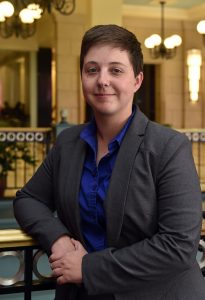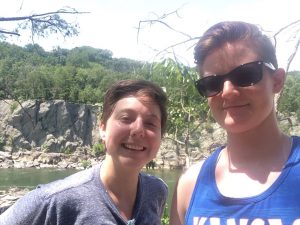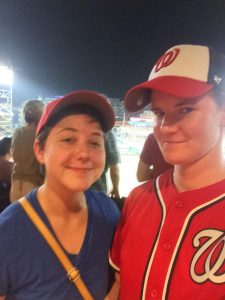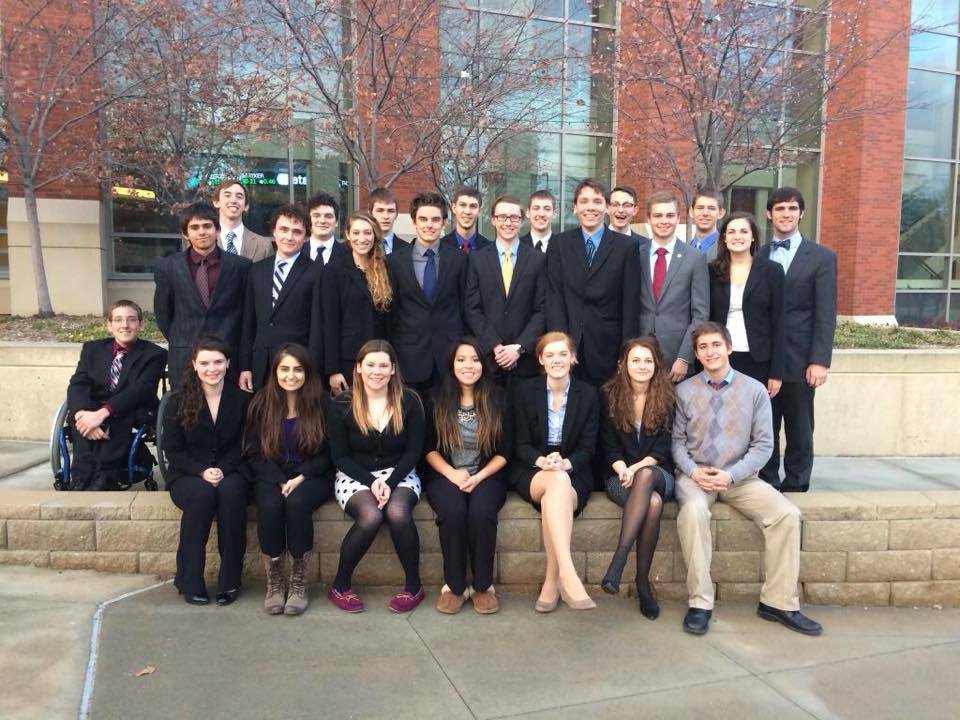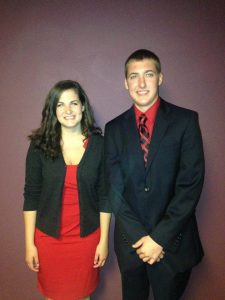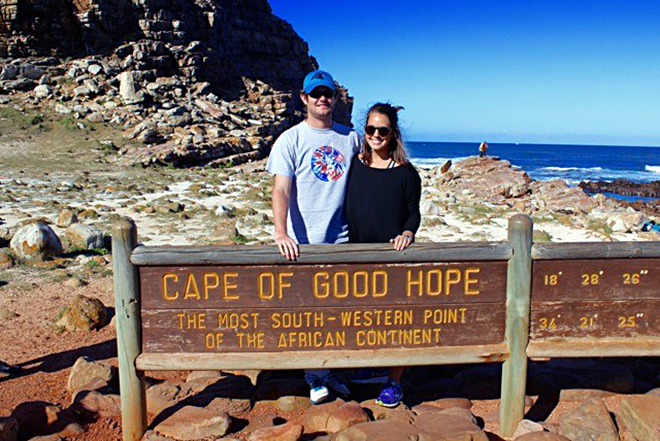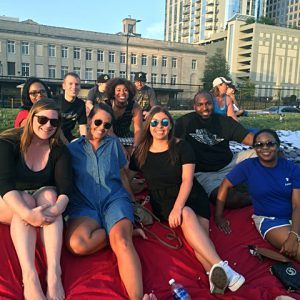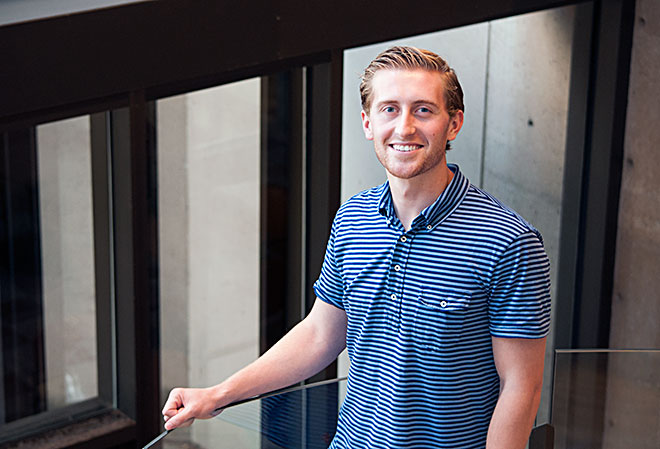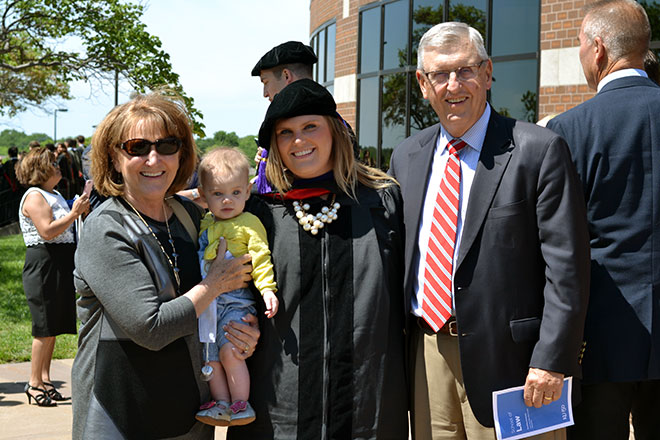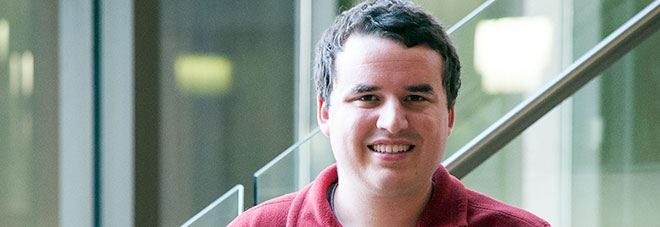
My first semester at KU Law is winding down and Thanksgiving break is this week. During my time as an undergraduate, Thanksgiving was a break from school and work. In law school, all my 2Ls and 3L friends tell me the exact opposite: It’s finals season. Before the long nights at the library and cramming for exams begin, I thought it would be appropriate to think about what I have been thankful for during the first semester of my 1L year. So, below are the top six things I am most thankful for at KU Law!
1. The librarians
I can’t even begin to describe how helpful and awesome the librarians are at KU Law. Who do you go to if you are researching something and are stuck? The librarians. Who do you go to if you are having a problem with Blackboard? The librarians. Who do you go to if you want to see cute pictures of dogs? The librarians. Who do you go to if you need advice? The librarians. I think you are seeing a common trend here.
2. My professors’ unique teaching styles
KU Law professors all have their unique teaching styles that manage to keep students really engaged. Professor Kautsch re-enacts fact patterns of tort cases with clip art and sometimes with the help of my theater-major roommate. Professor Lucas gives in-depth hypotheticals about his love for Mercury Cougars. Professor Hines draws maps on the board with stunning accuracy — if you are into abstract art. All of them care deeply about the subject they are teaching and us as students. KU truly has a high class of professors.
3. The Roasterie in the DeBruce Center
Having a phenomenal coffee shop a two-minute walk from Green Hall is clutch.
4. Free pizza
I feel like 73 percent of my diet in Green Hall is pizza. Two or three times a week, an organization or the Career Services Office puts on presentations over lunch. They almost always provide lunch, and it is almost always pizza. You will get to know the pizza places of Lawrence very well.
5. My bomb Lawyering professor
Every 1L takes Lawyering Skills, where we learn how to write and research like a lawyer. My small section had Professor Keller as our Lawyering professor. Despite the stress of writing our open memos, Professor Keller kept our class fun, challenging and engaging. She put up with all our questions and shenanigans over the entire semester, and we emerged as stronger legal writers.
6. My supportive small section
1L year would have been awful without my small section. These 20 people took all the same classes I did, and I became close to all of them. They know when to be serious and when to relax and have fun. We just had a Friendsgiving and everyone made amazing food. I do not know what I would do without this squad.
— Jake Turner is a 1L and KU Law Student Ambassador from Mission, Kansas.
